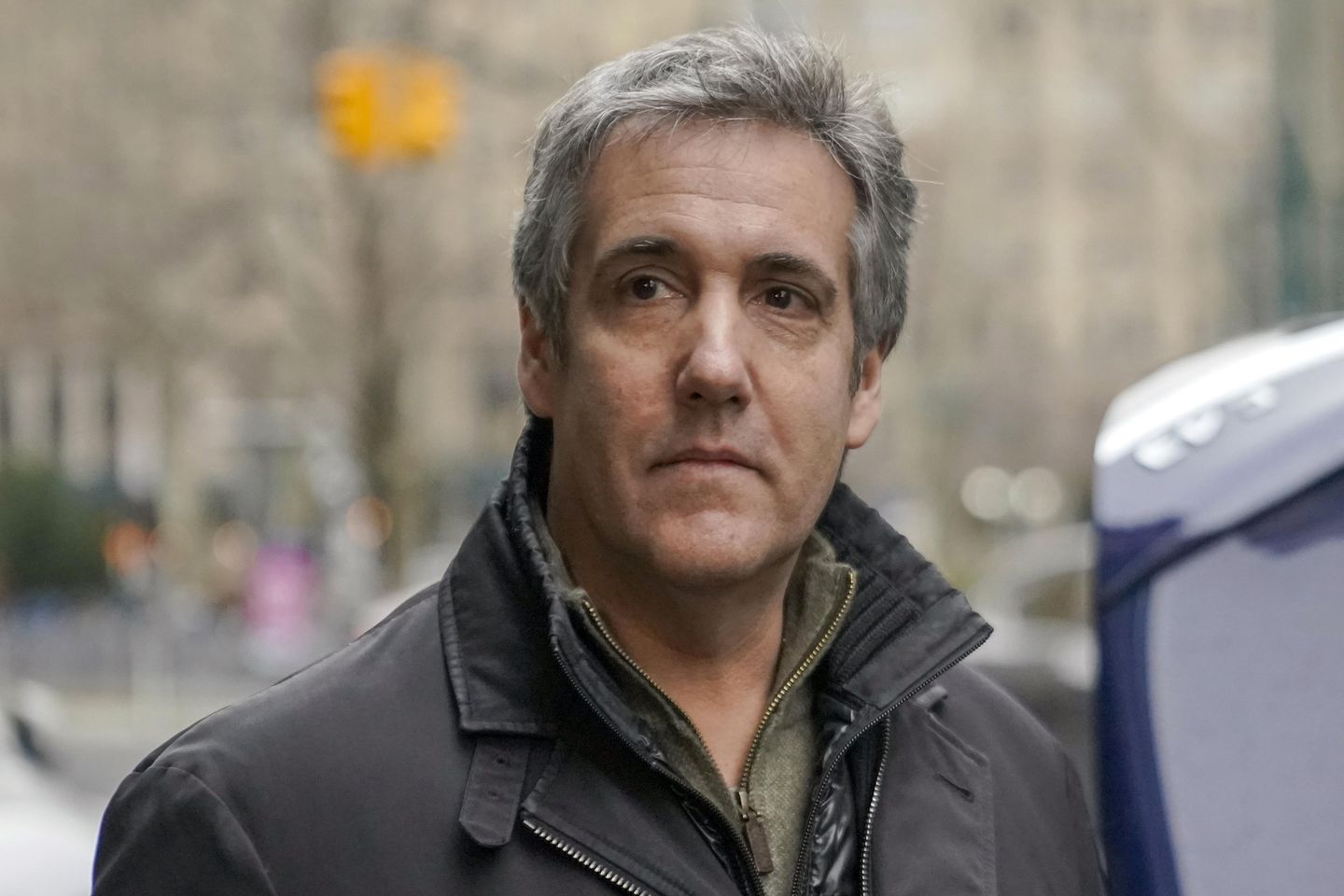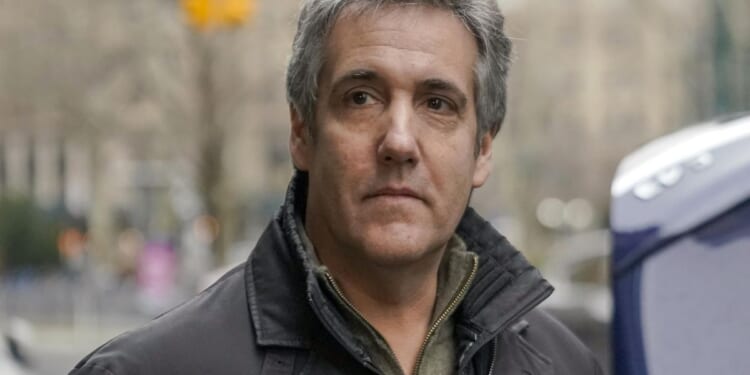
NEW YORK — Prosecutors will call their star witness, Michael Cohen, when former President Donald Trump’s hush-money trial resumes on Monday, bringing the state’s case to a climax and setting the stage for a bruising cross-examination.
Mr. Cohen went from being Mr. Trump’s loyal lawyer, or “fixer,” to his top detractor during Mr. Trump’s presidency.
His testimony could make or break prosecutors’ core allegation: That Mr. Trump, through Mr. Cohen, paid $130,000 before the 2016 election to suppress porn star Stormy Daniels’ story about a 2006 sexual encounter with Mr. Trump, and took illegal steps to conceal the payment through reimbursement checks to Mr. Cohen.
“Cohen connects Trump to the hush money and payments. He also is needed to show how Trump orchestrated the payments and did so in a way to conceal them,” said David Schultz, a political science and legal studies professor at Hamline University who is tracking Mr. Trump’s cases.
Mr. Trump, the presumptive GOP nominee for president, has pleaded not guilty to 34 counts of falsifying business records, and denies the sex encounter with Ms. Daniels.
Defense lawyers are expected to batter Mr. Cohen by pointing to his criminal record and history of lying. They will cast him as a rogue actor who paid Ms. Daniels’ team on his own and demanded fees while Mr. Trump was busy running the country in 2017.
And they’ll point to Mr. Cohen’s animus for Mr. Trump. The hard-charging lawyer makes no secret of his hatred for Mr. Trump in podcasts, social media posts and interviews.
“He is a convicted felon whom no one can believe. His recent out-of-court statements will be used against him to challenge credibility,” Mr. Schultz said, referring to the defense’s core message to jurors. “Finally, it was Cohen and not Trump who came up with the payments and cover-up idea.”
Mr. Cohen turned on Mr. Trump while contending with the so-called “Russia investigation” and published reports about hush-money payments that Mr. Cohen facilitated ahead of the 2016 campaign.
In 2018, Mr. Cohen pleaded guilty to federal charges of fraud and campaign finance violations. He served prison time and is still on supervised release. He provided 10 hours of high-profile testimony before Congress in 2019, during which he labeled Mr. Trump a “con man” and expressed regret for working for him.
Defense lawyers will highlight Mr. Cohen’s own claim that he has committed perjury. Pointing to his campaign finance violations, however, cuts both ways: Those offenses speak to the charges against Mr. Trump, though the ex-president’s team might say the ex-president did nothing wrong and Mr. Cohen has been held accountable.
“When all else fails, blame it on someone else who has been found guilty,” Mr. Schultz said.
Prosecutors said they want to call Mr. Cohen and one more witness, meaning it is “entirely possible” they will finish their case by the end of the week. That will clear the way for the defense to call witnesses or for Mr. Trump to testify, should he choose.
On Friday, prosecutors argued that Mr. Trump was a highly engaged boss who would have known about a series of checks to Mr. Cohen.
Madeleine Westerhout, a key aide who sat near the Oval Office during Mr. Trump’s presidency, testified about correspondence that shows Trump Organization employees seeking Mr. Trump’s approval to buy picture frames and to continue membership dues at a New York golf club during his presidency.
The defense leveraged Ms. Westerhout to soften Mr. Trump’s image and push back on the prosecution. Ms. Westerhout praised Mr. Trump as a good boss who would sign documents while focusing on other things.
“Would you see him signing things without reviewing them?” Trump attorney Susan Necheles asked.
“Yes,” Ms Westerhout said.
Ms. Westerhout also emphasized a key line for the defense — that Mr. Trump was upset about Ms. Daniels’ story because his family would hear it, not because of the election.
“My understanding was that he knew it would be hurtful to his family,” Ms. Westerhout said regarding a 2018 Wall Street Journal story about Ms. Daniels and the hush payment.
Manhattan District Attorney Alvin Bragg made a rare appearance in court on Friday. He sat in the front row while his assistant district attorneys built their case against Mr. Trump.
• This story is based in part on wire service reports.












